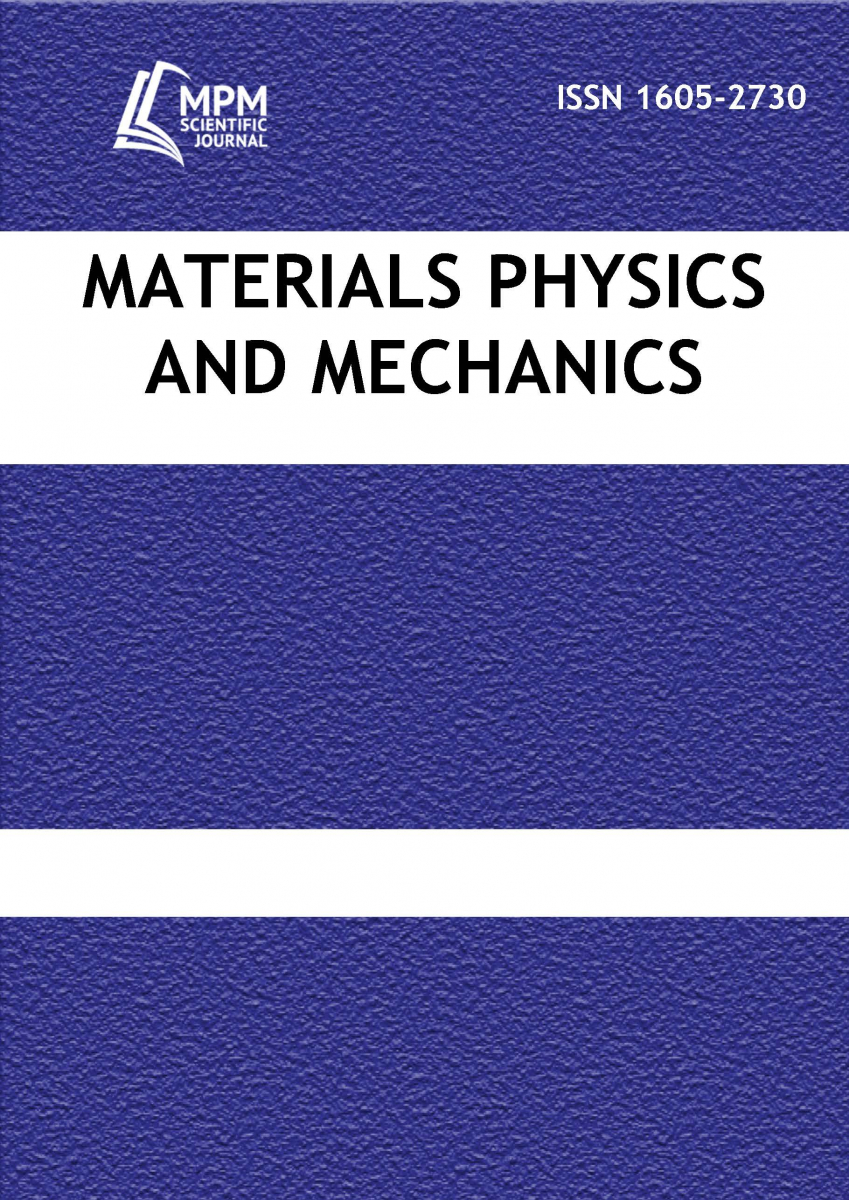Experimental study and modeling of changing mechanical properties in tempering of bainitic-martensitic steels
Dependences of mechanical properties (yield stress, tensile stress, relative elongation) and impact toughness on the tempering time at various temperatures have been investigated for 10 industrial bainitic-martensitic steels with a wide range of chemical compositions (C(0.04-0.27), Mn(0.33-1.57), Si(0.22-1.09), Cr(0.02-1.14), Ni(0.01-3.74), Cu(0.02-1.03), Mo(0.01-0.43), Nb(0.002-0.044), V(0.003-0.200), Ti(0.001-0.045), B(≤0.003) (mass.%)). Based on the obtained experimental results, a quantitative model is developed to predict the mechanical properties of the considered steels after tempering. The modeling results comply well with experiments. The average relative errors in predicting the yield and tensile stresses are, respectively, 5.9 and 5.3%, and the average absolute error in predicting the relative elongation is 2.5%.


